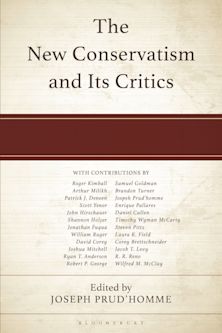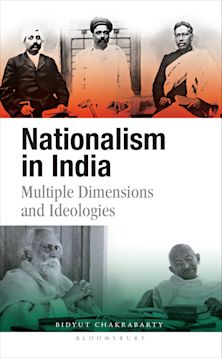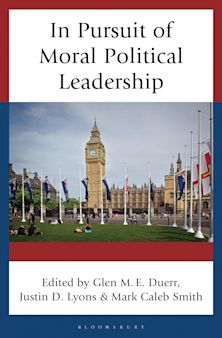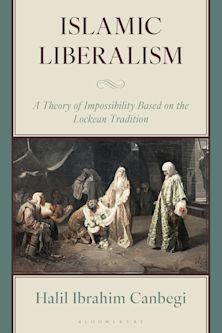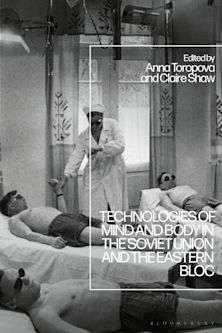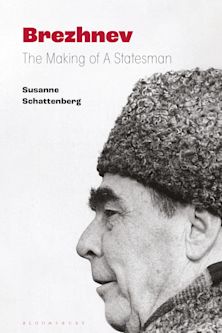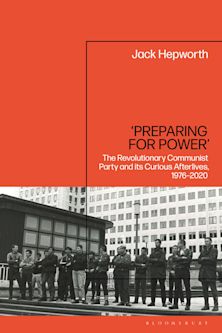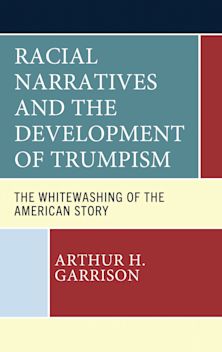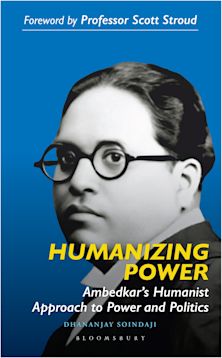- Home
- ACADEMIC
- Politics & International Relations
- Political Ideologies
- Liberal Democracy and Liberal Education
Liberal Democracy and Liberal Education
Daniel E. Cullen (Anthology Editor) , John Agresto (Contributor) , James W. Ceaser (Contributor) , Daniel E. Cullen (Contributor) , Donald Downs (Contributor) , Robert P. George (Contributor) , Jakub Grygiel (Contributor) , Yuval Levin (Contributor) , Wilfred M. McClay (Contributor) , Robert L. Pfaltzgraff Jr. (Contributor) , Stephen H. Wirls (Contributor)
Liberal Democracy and Liberal Education
Daniel E. Cullen (Anthology Editor) , John Agresto (Contributor) , James W. Ceaser (Contributor) , Daniel E. Cullen (Contributor) , Donald Downs (Contributor) , Robert P. George (Contributor) , Jakub Grygiel (Contributor) , Yuval Levin (Contributor) , Wilfred M. McClay (Contributor) , Robert L. Pfaltzgraff Jr. (Contributor) , Stephen H. Wirls (Contributor)
You must sign in to add this item to your wishlist. Please sign in or create an account
Description
The essays in this book reflect on the paradoxical relationship of liberal education and liberal democracy. Liberal education emphasizes knowledge for its own sake, detached from all instrumental purposes. It also aims at liberation from the manifold sources of unfreedom, including political sources. In this sense, liberal education is negative, questioning any and all constraints on the activity of mind. Liberal democracy, devoted to securing individual natural rights, purports to be the regime of liberty par excellence. Since both liberal education and liberal democracy aim to set individuals free, they would seem to be harmonious and mutually reinforcing. But there are reasons to doubt that liberal education can be the civic education liberal democracy needs. If liberal education is in tension with all instrumental purposes, how does it stand toward the goal of preparing the kind of citizens liberal democracy needs? The book’s contributors are critical of the way higher education typically interprets its responsibility for educating citizens, and they link those failures to academia’s neglect of certain founding principles of the American political tradition and of the traditional liberal arts ideal.
Table of Contents
2. Political Science and Civic Education
3. Jefferson’s Failed Vision of Education as a Constitution of Liberty
4. Civic Education and Economic Liberty
5. Educating for National Security
6. Liberal Education, Civic Responsibility and Patriotism
7. Educating for Citizenship: Problems and Prospects
8. Liberal Education, Politics, and the Problem of Freedom
9. What’s So Liberal about the Liberal Arts?
10. A Dirge for the Liberal Arts, a Defense of Western Civilization, and a Prescription for Teaching Patriotism
Product details
| Published | Dec 24 2016 |
|---|---|
| Format | Ebook (Epub & Mobi) |
| Edition | 1st |
| Extent | 190 |
| ISBN | 9781498502474 |
| Imprint | Lexington Books |
| Publisher | Bloomsbury Publishing |
About the contributors
Reviews
-
Dan Cullen's excellent and timely new book on liberal education includes some of the most provocative and thoughtful thinkers of our time—Bill McClay, Robby George, John Agresto—who tackle the tough question about how free education should be in a free society. Can it, should it, tell the truth? Going against the grain of political correctness in America today, they insist on telling the truth, and they hold out good hope that the nation and its citizens will be the better for it.
Colleen Sheehan, Villanova University
-
Daniel Cullen has assembled some of America’s leading thinkers on liberal democracy and liberal education to consider an old but still pressing question: what type of education is suited to a free people such that they might enjoy, and maintain, their freedom? The contributions are fascinating on their own terms, and they interact with one another in surprisingly fresh ways. Essential reading for anyone who cares about the formation of democratic citizens.
Bradley C. S. Watson, Saint Vincent College











